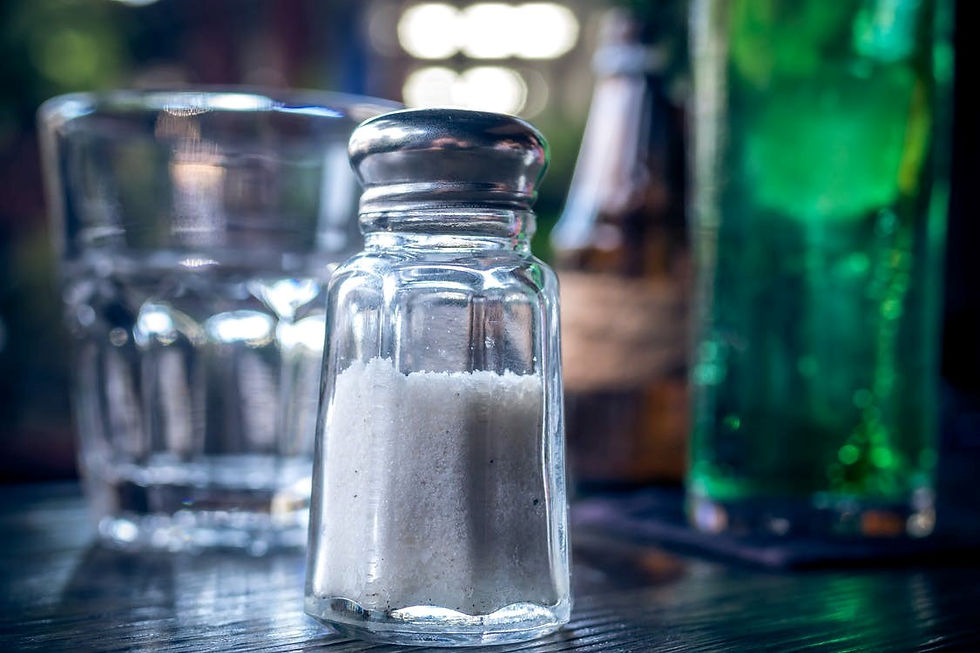Top Gym Supplements Backed By Science: The Buying Guide
Pre-workout supplements are designed to get extra energy to perform exercises. There are many supplements available that contains multiple ingredients. You may be unsure about what kind of gym supplement you need. The top ten energy-boosting exercise supplements are listed below.
How to Choose a Pre-Workout Supplement?
When buying a pre-workout supplement, you have to take into consideration what type of exercise you are planning to take part in. Some ingredients of the gym supplement may increase the strength or power, and others may improve endurance. Determine which component is appropriate for the type of workout you want to do.
Top 10 Pre-Workout Supplements
The following are the top 10 pre-workout supplements.
Casein Whey Protein Supplements
Creatine
Caffeine
Branched-chain amino acids
Omega-3 fatty acids
Glutamine
Beta-alanine
Citrulline
Sodium bicarbonate
Nitrate
1. Casein Whey Protein Supplements
Protein supplementation tends to increase muscle mass and strength in resistance-type training. Milk protein contains 80% casein and 20% whey. In bodybuilders, this mixture creates a positive nitrogen equilibrium. Casein is a slow-acting protein that takes seven hours to contain its amino acids, while whey is an incredibly quickly protein that peaks in 90 minutes. This protein combination helps to keep your body in an anabolic state for a longer duration and helps keep protein synthesis up, and preventing muscle breakdown. Whey protein contains cysteine, which is a precursor to glutathione, the body’s main endogenous antioxidants and liver detoxifier.
2. Creatine

A person doing a workout, Credits: pexels
Creatine is a crucial component of the cells’ energy processing processes. Sports scientists believe that creatine is the number one supplement to increase power and strength. Muscle mass, endurance, and fitness performance have all been found to increase with it. Creatine supplementation can retain energy through high-intensity exercises including weightlifting by increasing the supply of creatine and phosphocreatine inside the body. The initial creatine dosage is 20 grams per day for 5–7 days, followed by a monitoring dose of 5 grams per day.
3. Caffeine

Coffee, Credits: pexels
Caffeine, which can be used in tea, coffee, and other drinks, activates some areas of the brain, making you feel more aware and less sleepy. And, Caffeine can improve the effectiveness of several aspects of exercise performance. It will help you get more strength out of workouts like sprinting, lifting weights, and walking. Caffeine has also been shown to improve performance in long-distance aerobic sports like running and swimming, as well as occasional games like soccer. It’s best to start with a low dose of caffeine because different people react differently to different doses of caffeine. Caffeine raises blood pressure and causes restlessness in the short term.
4. Branched Chain Amino Acids (BCAA)
Leucine, isoleucine, and valine are the three compounds that make up branched-chain amino acids. The majority of these amino acids come from agricultural products. Taking BCAA supplements can help you run longer distances. These supplements can also help to alleviate physical and emotional exhaustion. BCAAs can help with muscle soreness during weight lifting and running. After a strenuous exercise, BCAAs will help speed up the healing and rehabilitation processes.
5. Omega-3 Fatty Acids

Fish oil Capsules, Credits: pexels
Our brain is composed of 40% DHA, which is a type of omega-3 fatty acid. A deficiency of omega-3 fatty acids can contribute to abnormal neurotransmitter activity in the brain, which can lead to stress and aggression. Evidence suggest that omega-3 fatty acids can reduce post-exercise muscle soreness and speed the recovery process. Omega-3 fatty acids when combined with BCAAs and carbohydrates can increase protein synthesis rates, helping in gaining greater muscle mass.
6. Glutamine
The entire supplement is essential for body recovery and regeneration. It maintains acid-base equilibrium and prevents excess ammonia that accumulates during vigorous exercise. Glutamine supplementation helps people who are engaged in heavy resistance training.
7. Beta-Alanine
Beta-alanine helps fight muscle fatigue. The Beta-alanine helps the body remove acid that accumulates during strenuous exercise. Long-term endurance exercise can benefit from these supplements. A daily dosage of 4 to 6 gram is prescribed.
8. Citrulline
Citrulline is present naturally in our bodies. This gym supplement will assist you in achieving better results during physical exercise. This supplement helps supply oxygen and nutrients to your exercising muscles and aids them to perform well. Citrulline is also found to reduce muscle soreness after strenuous exercises. There are two forms of citrulline available L-citrulline and citrulline malate (CM). In resistance-trained males, CM can help boost exercise efficiency during upper- and lower-body multiple-bout resistance exercise. A dosage of 6 gram of L-citrulline or 8 gram of citrulline malate is prescribed.
9. Sodium Bicarbonate

Salt, Credits: pexels
As the name suggests this gym supplement helps fight against acid buildup in the body. This supplement reduces fatigue during exercise that is characterized by a burning sensation. This supplement is helpful during intense activities. The optimum dose of sodium bicarbonate is 300mg per kg of body weight.
10. Nitrate
Nitrate can be helpful during exercise performance as it is converted to nitric oxide that can increase the blood flow. This supplement is helpful during endurance activities like cycling and running. The prescribed nitrate dosage is 6–13 mg per kilogram of body weight.


Comments